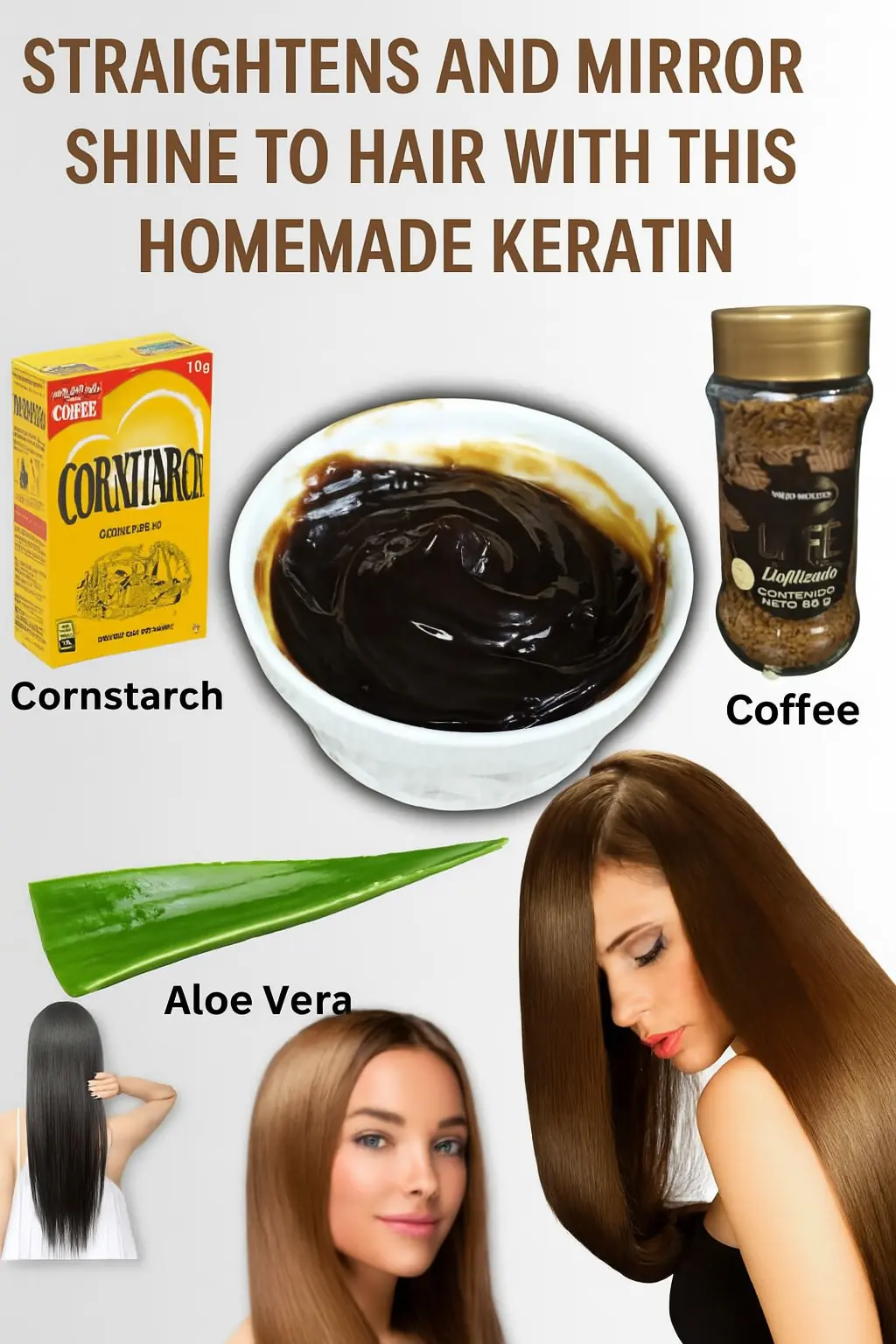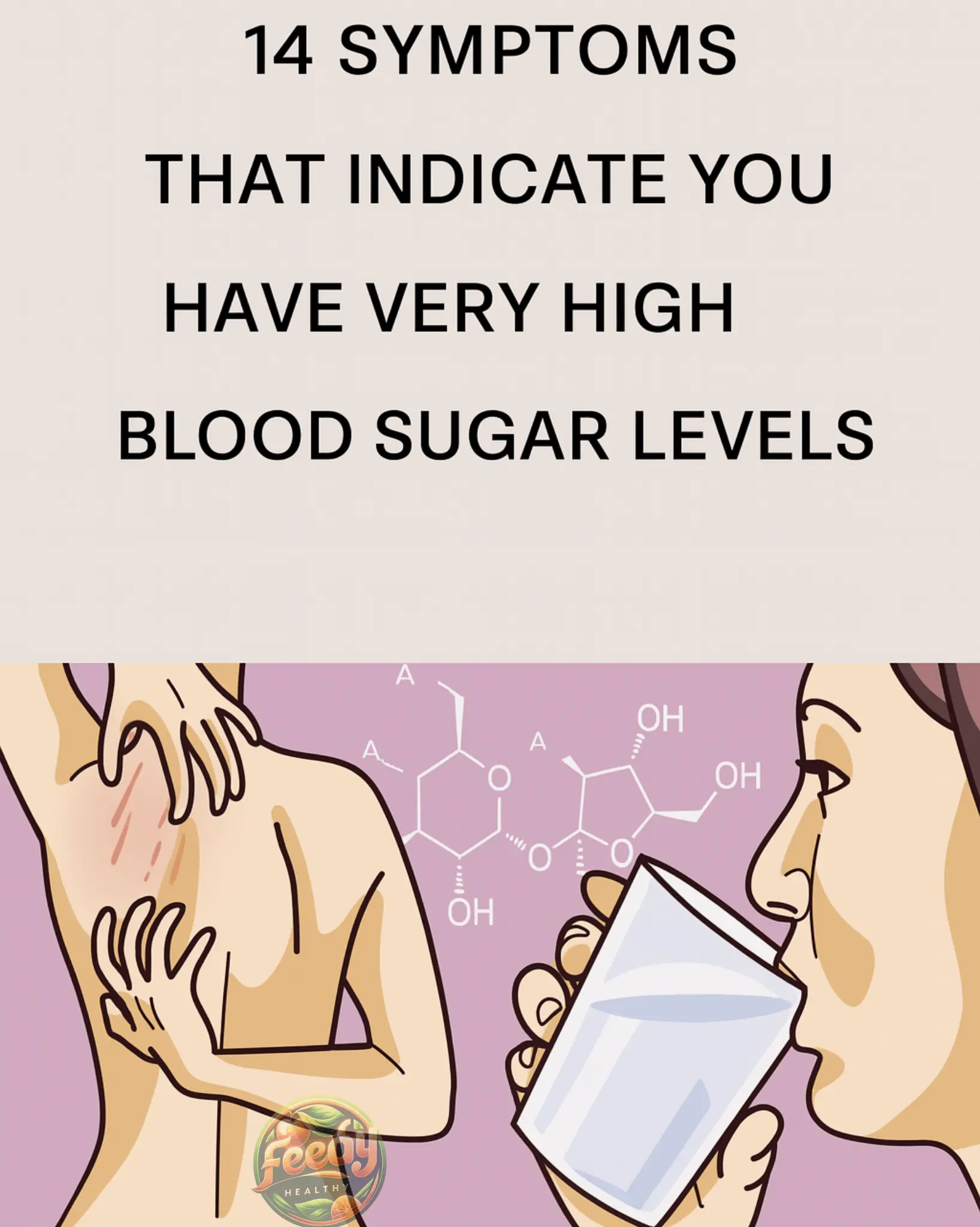
8 Foods You Should Be Eating to Help Kill Cancer Cells
When it comes to reducing your cancer risk or supporting your body during treatment, what you eat can make a huge difference.
While no single food can cure or guarantee protection from cancer, certain foods contain compounds proven to fight cancer cells, reduce inflammation, and support the body’s natural defenses. Let’s explore 8 powerful, science-backed foods that may help fight cancer—and how to easily incorporate them into your daily meals.
1. Broccoli and Other Cruciferous Vegetables
Why it helps:
Broccoli, cauliflower, kale, Brussels sprouts, and cabbage belong to the cruciferous family—and they’re packed with cancer-fighting compounds like sulforaphane and indole-3-carbinol. These compounds can help neutralize carcinogens and slow cancer cell growth, especially in breast, prostate, lung, and colon cancers.
How to eat more:
-
Steam or roast as a side dish
-
Add raw shredded broccoli to salads
-
Toss into stir-fries or soups
-
Blend into green smoothies
2. Berries – A Natural Antioxidant Source
Why they help:
Blueberries, strawberries, raspberries, and blackberries are rich in antioxidants like vitamin C and ellagic acid. These nutrients help protect cells from damage and may slow the growth of cancer cells.
How to eat more:
-
Snack on fresh or frozen berries
-
Mix into yogurt or oatmeal
-
Blend into smoothies
-
Add to salads or desserts
3. Tomatoes – Rich in Lycopene
Why it helps:
The vibrant red color of tomatoes comes from lycopene—a powerful antioxidant linked to a reduced risk of prostate, breast, lung, and stomach cancers. Cooked tomatoes actually help your body absorb more lycopene.
How to eat more:
-
Add fresh tomatoes to sandwiches and salads
-
Use tomato sauce in pasta, chili, or stews
-
Try roasted tomatoes for extra flavor
-
Make homemade salsa or gazpacho
4. Green Tea – A Cup Full of Protection
Why it helps:
Green tea is rich in polyphenols, particularly EGCG (epigallocatechin gallate), which has been studied for its ability to inhibit tumor growth and lower cancer risk—especially in breast, prostate, and colon cancers.
How to drink more:
-
Replace sugary drinks with unsweetened green tea
-
Brew hot or cold (iced green tea)
-
Add lemon to boost absorption
-
Try matcha—a concentrated form of green tea
5. Garlic – Flavor and Protection
Why it helps:
Garlic contains sulfur compounds like allicin, known for their anti-cancer properties. Studies show that regular garlic consumption may reduce the risk of stomach, colon, and esophageal cancers.
How to eat more:
-
Sauté minced garlic with veggies or meat
-
Add to sauces, marinades, or dressings
-
Roast whole cloves for a milder flavor
-
Let garlic rest 10 minutes after chopping to activate its benefits
6. Nuts – Especially Walnuts
Why they help:
Walnuts are rich in omega-3 fatty acids, antioxidants, and compounds like ellagitannins, which support heart health and may reduce the risk of breast and prostate cancer.
How to eat more:
-
Eat a handful as a snack
-
Sprinkle on salads or oatmeal
-
Add to baked goods or trail mixes
-
Blend into nut butters or smoothies
7. Turmeric – The Golden Healer
Why it helps:
Turmeric contains curcumin, a powerful anti-inflammatory and antioxidant compound. Studies show curcumin may slow the growth of cancer cells and limit tumor spread, particularly in breast, colon, and pancreatic cancers.
How to eat more:
-
Add to soups, stews, or curries
-
Stir into rice or roasted vegetables
-
Blend into golden milk or smoothies
-
Combine with black pepper for better absorption
8. Whole Grains – High-Fiber Fuel
Why they help:
Whole grains like brown rice, quinoa, oats, barley, and buckwheat are rich in fiber, vitamins, and phytonutrients. Fiber supports healthy digestion and may reduce the risk of colon, breast, and pancreatic cancers.
How to eat more:
-
Choose whole-grain breads, pastas, and cereals
-
Swap white rice for brown rice or quinoa
-
Add oats to smoothies or baked goods
-
Use barley in soups or grain bowls
Final Thoughts: Food as Your First Line of Defense
While eating these foods won’t magically prevent cancer, including them in your diet can arm your body with the tools it needs to stay strong and resilient. Think of it as giving your body extra protection—one bite at a time.
Pair these cancer-fighting foods with other healthy habits like staying active, managing stress, avoiding tobacco, and limiting alcohol for a well-rounded approach to health.
So next time you plan your meals, reach for these powerful ingredients. Your future self will thank you.
News in the same category


8 Imperceptible Changes in Your Body that Could Be Warning of Health Problems

People with High Blood Sugar Should Avoid Certain Foods—Watermelon? Doctor: These Are 4 Foods You Really Shouldn't Eat

He Always Thought It Was Just a Sore Throat from Talking Too Much or Cold Weather—Mr. Tran Was Devastated to Learn It Was Late-Stage Stomach Cancer

5 Warning Signs of Stroke in Young Adults

5 foods you should never keep overnight
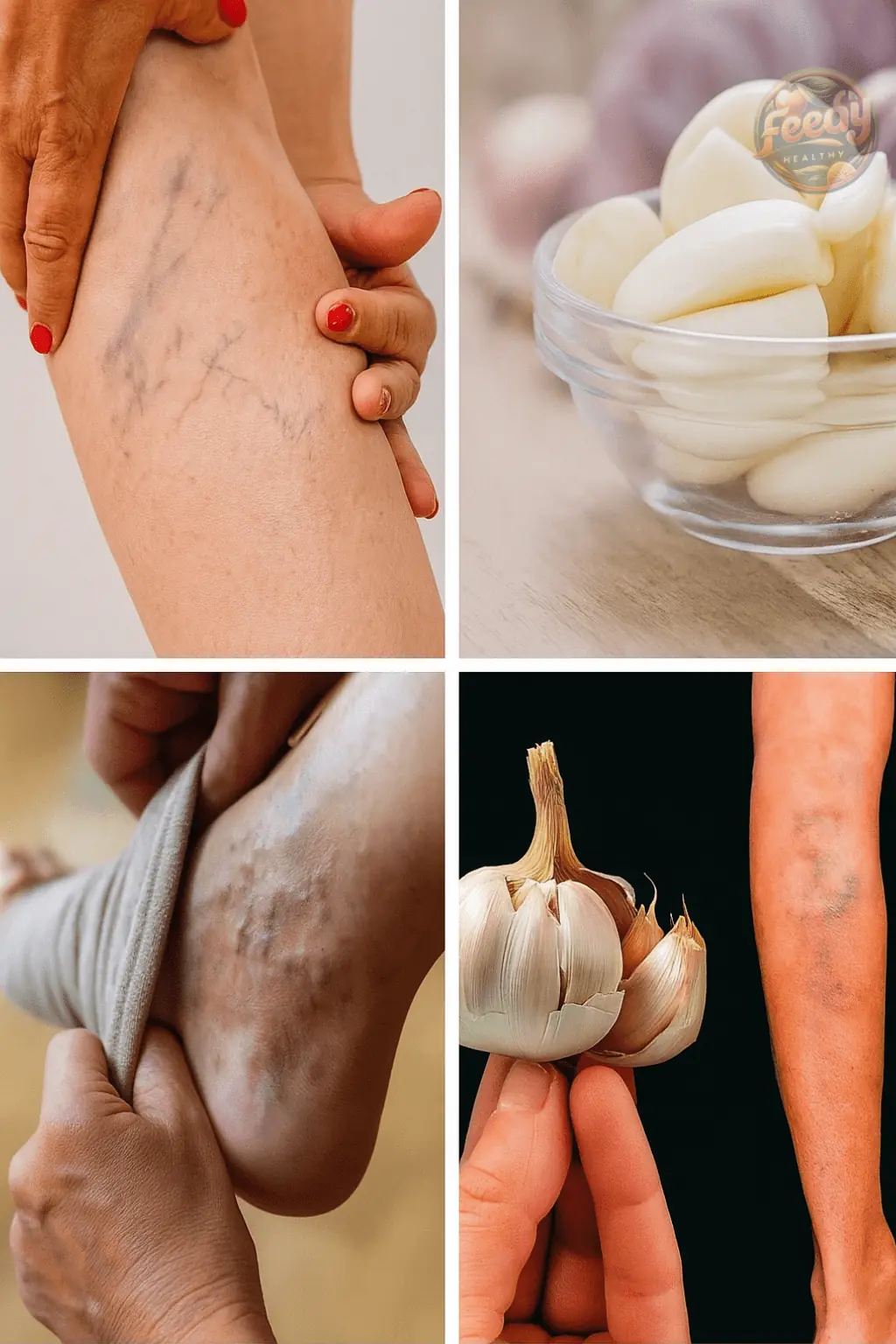
My Mother’s Secret: Garlic Remedy for Aches and Pains
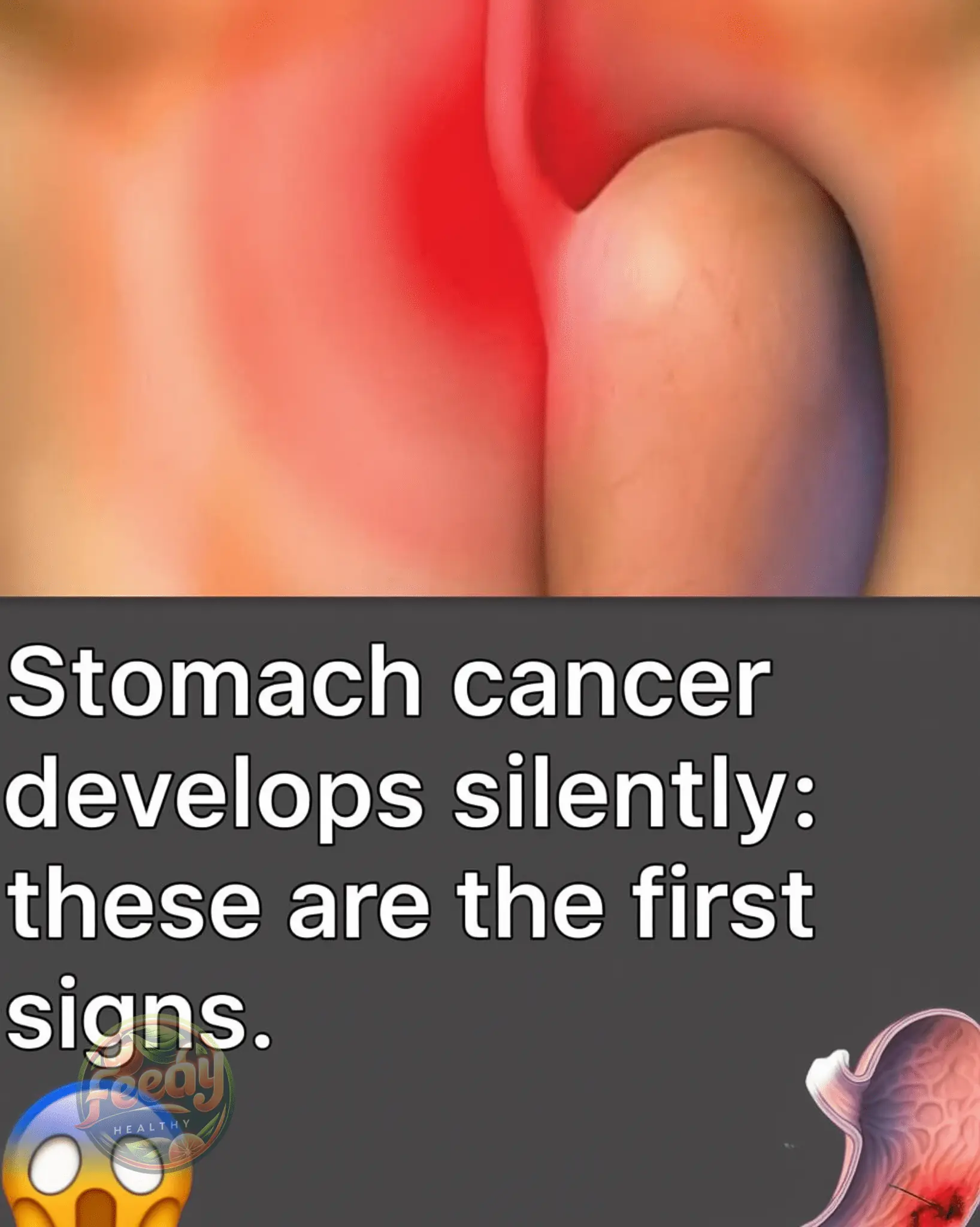
Stomach Cancer: Silent but Dangerous – Know the Early Signs
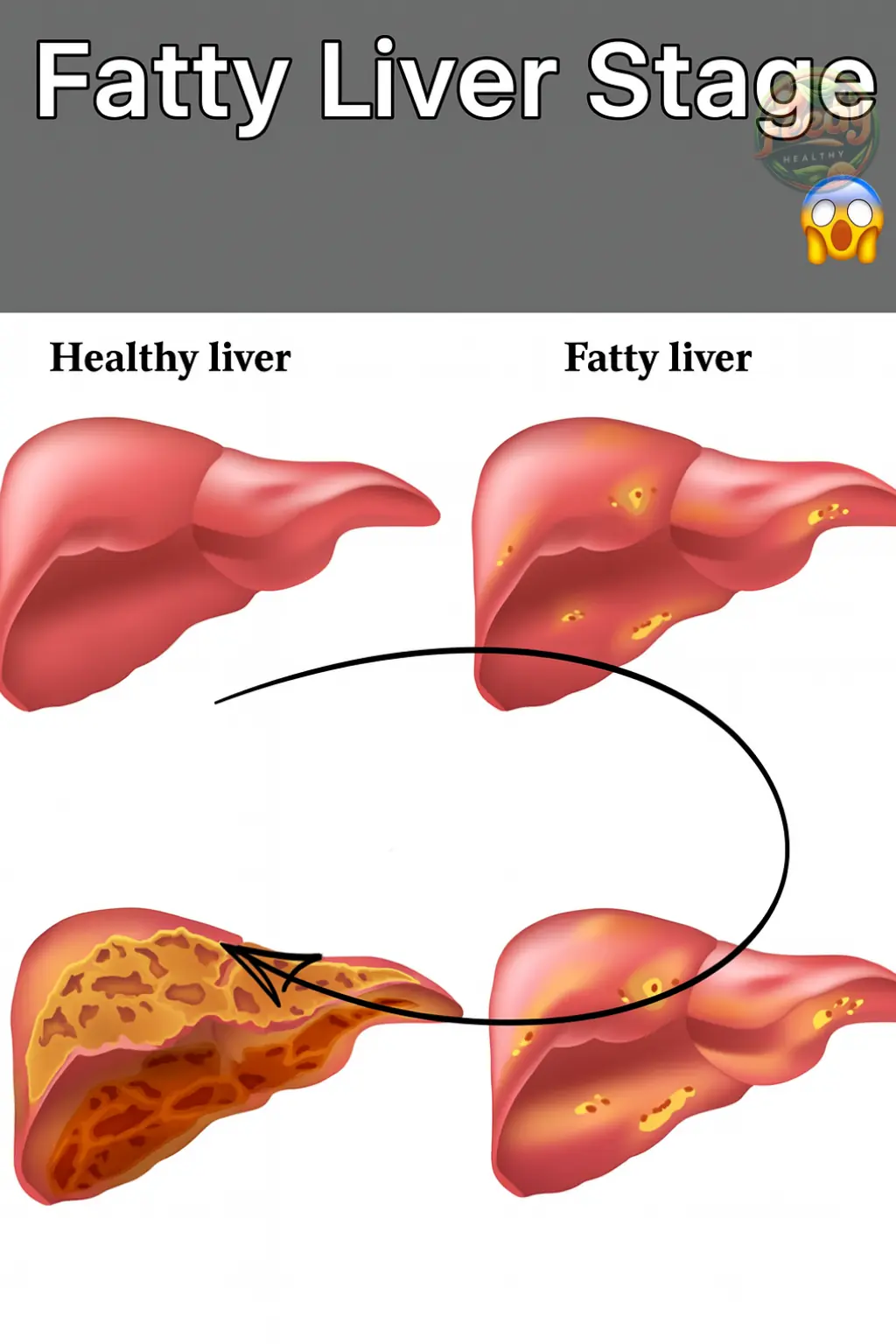
Take Care of Your Fatty Liver – Learn How to Cleanse Your Liver

Famous Writer Diagnosed with Two Types of Cancer Lived to 104: The First Two Things He Did Were More Important Than Diet
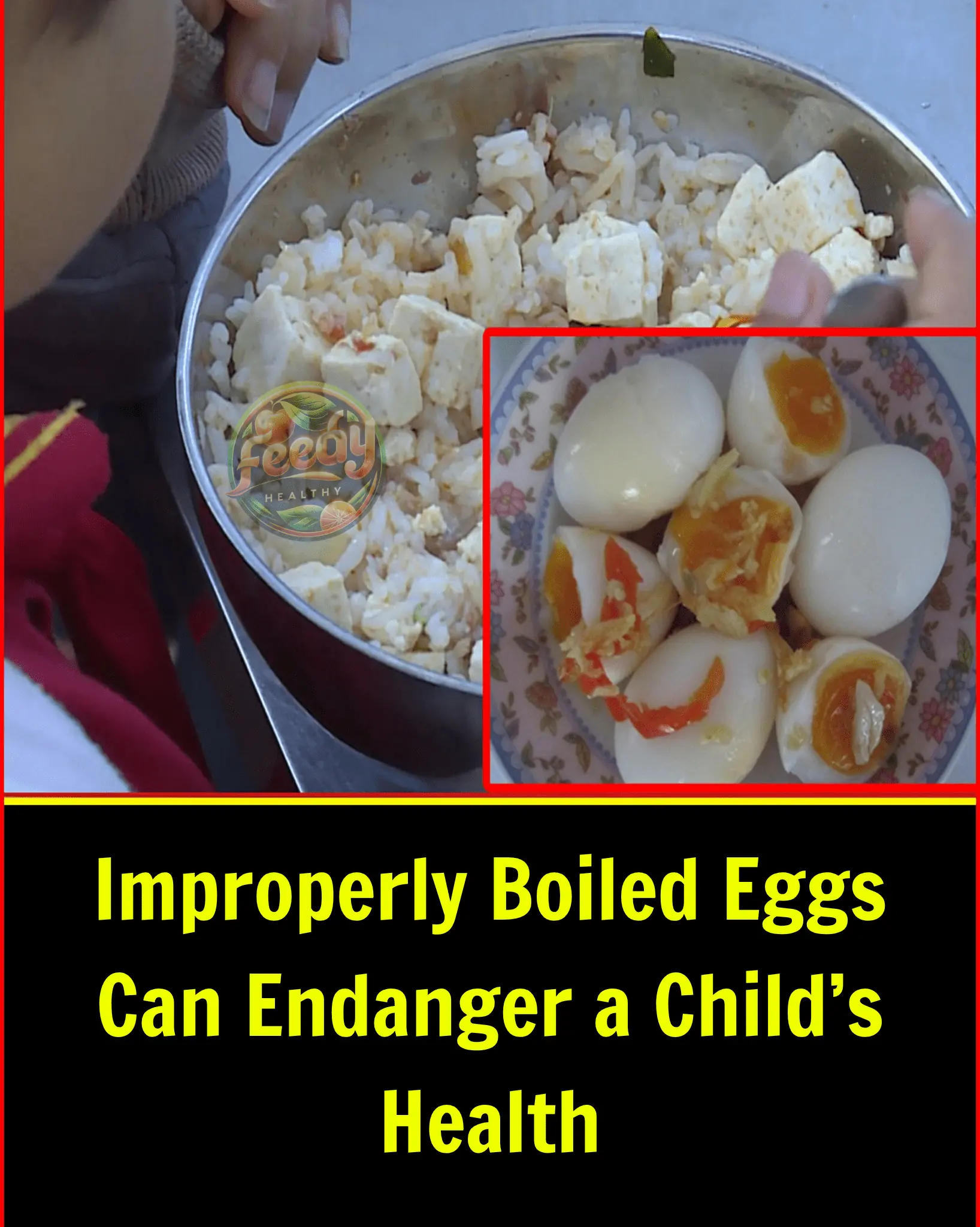
A 4-Year-Old Boy Lost His Life After Eating Boiled Eggs Improperly: A Painful Lesson for Families with Young Children

9 Early Warning Signs of Stomach Cancer: Even One Means You Should See a Doctor

Little girl who looked 8 months’ pregnant because of deadly disease is saved thanks to dad’s kidney donation
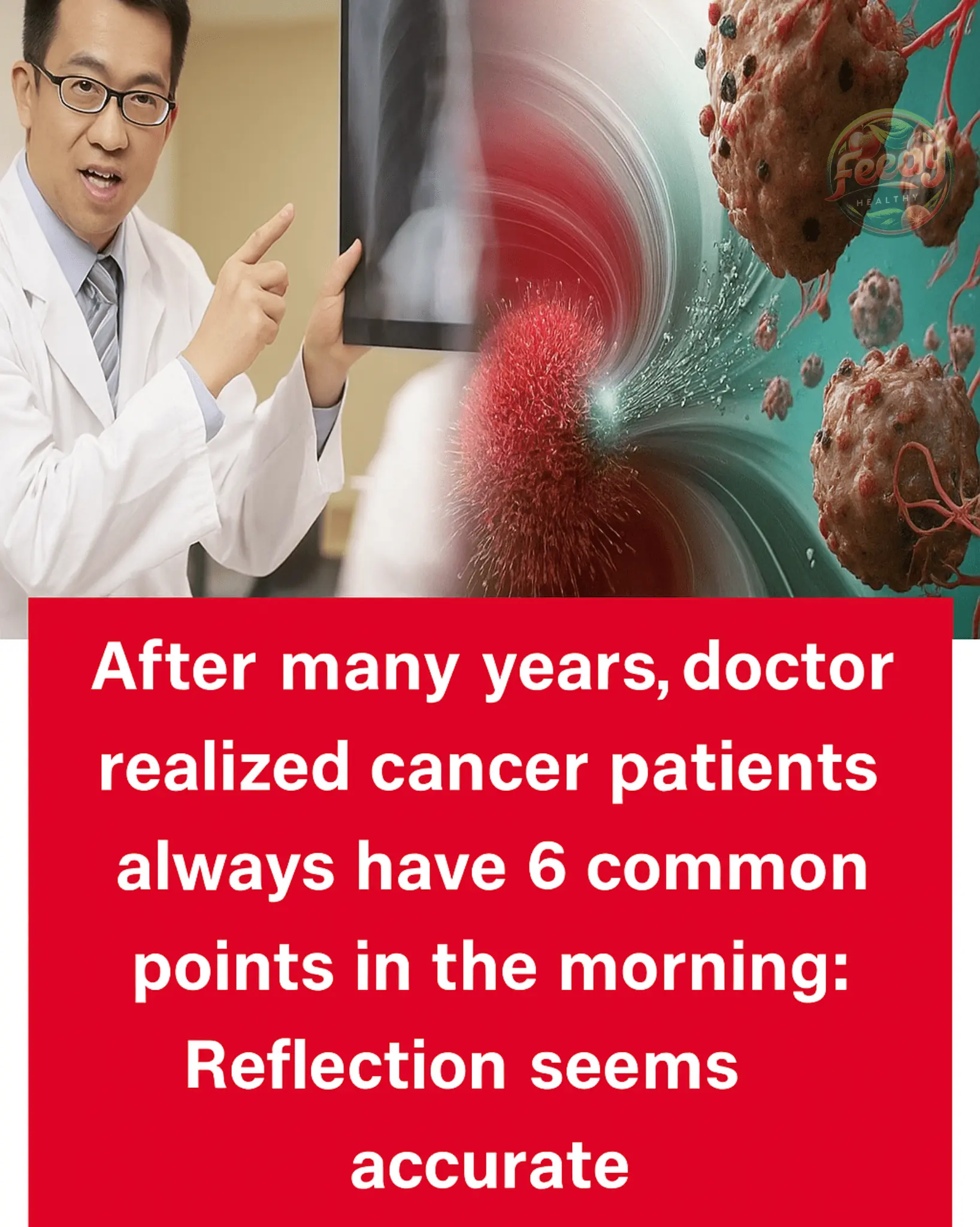
After Years of Practice, Doctors Realized Cancer Patients Often Share 6 Morning Habits — and They Make Sense in Hindsight

Eggs and Coffee: The Surprising Superfood Combo Your Breakfast Needs

5 Surprising Causes of Weak Legs in Seniors — And How to Fix Them
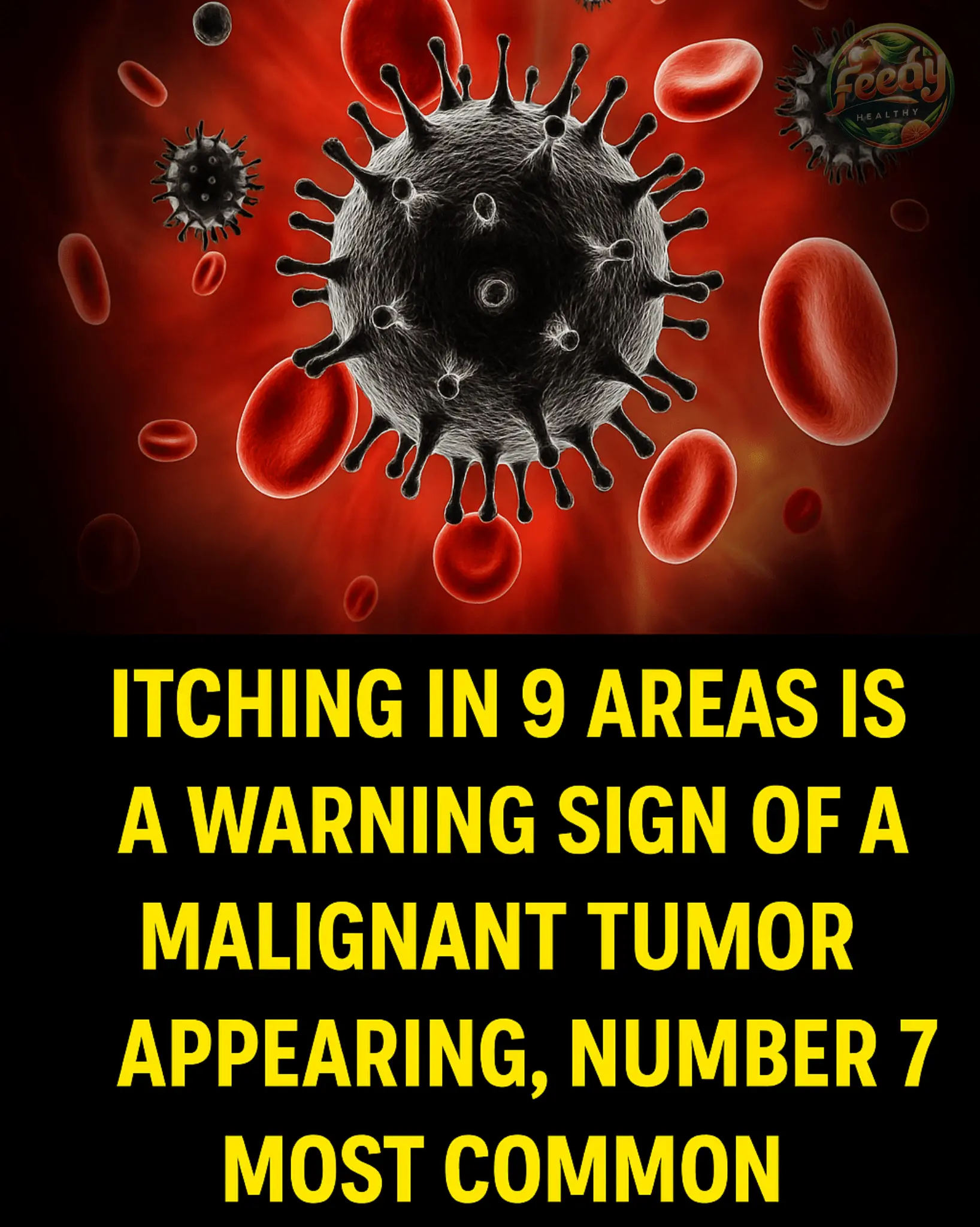
Itching in 9 Areas: A Warning Sign of Malignant Tumors, Number 7 Is the Most Common
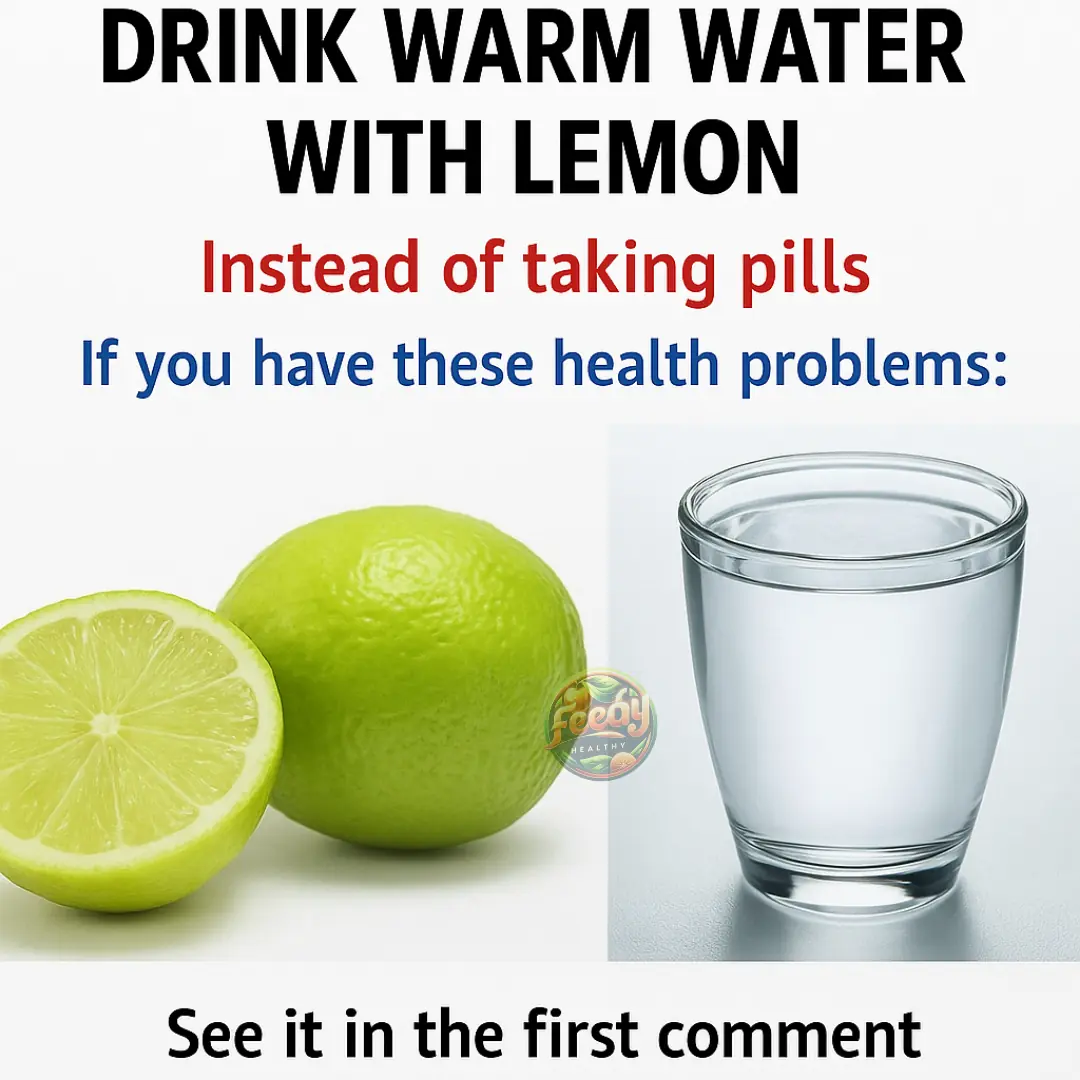
Drink Warm Water with Lemon 😱👇
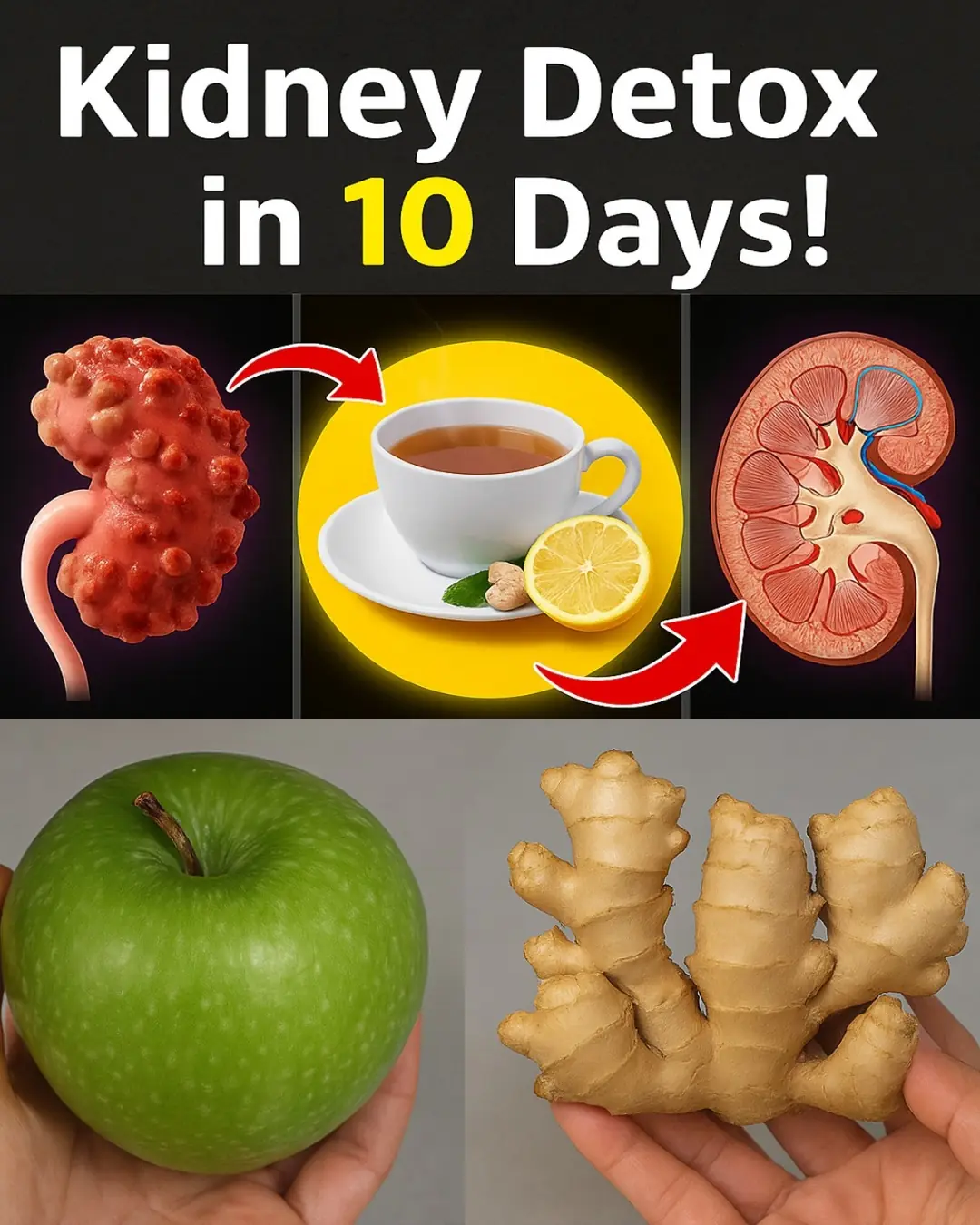
Revitalize Your Body in Just 7 Days: The Tangerine, Walnut & Ginger Detox Drink That Restores Energy and Vitality
News Post

☕🍫 Espresso-Infused Mocha Perforated Cake

🍓🍫 Chocolate Raspberry Mousse Cake

Mary Berry Condensed Milk Ice Cream

🍫🎂 Epic Chocolate Overload Explosion Cake

☕ Classic Tiramisu Recipe 🍫

Signs That You Have Too Much Sugar in Your Blood

8 Imperceptible Changes in Your Body that Could Be Warning of Health Problems

Decadent Chocolate Hazelnut Delight Cake Recipe
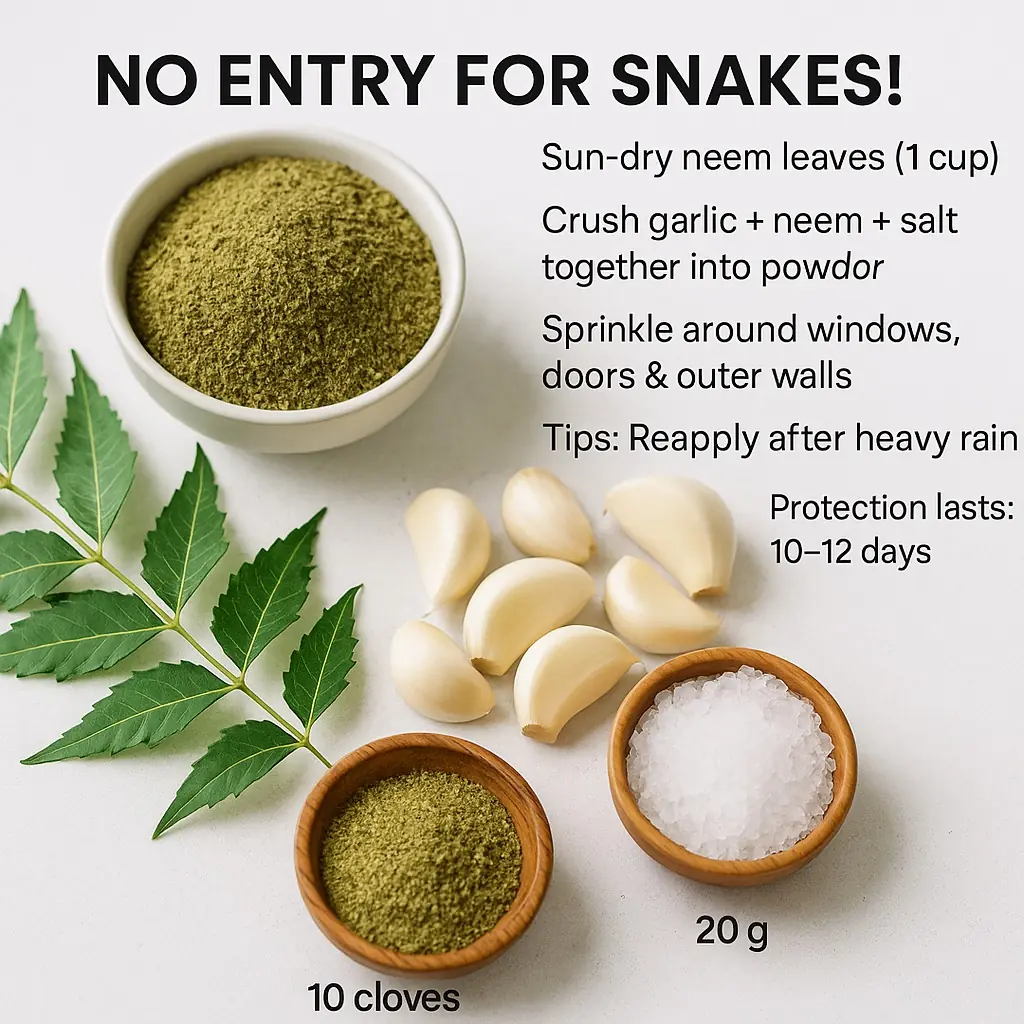
The Natural Snake Repellent That Sends Snakes Running — Safe for You, Deadly for Them 🐍❌

Volcano Eruption Triggers Tsunami Alert and Disrupts Flights in the Region

Transform Your Skin with This Surprising Banana and Vaseline Mix!

Natural Intestinal Cleanse with Dates
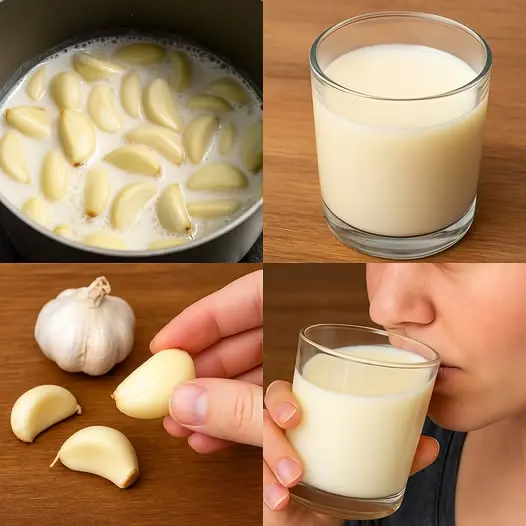
Drinking Garlic Milk for Health Benefits
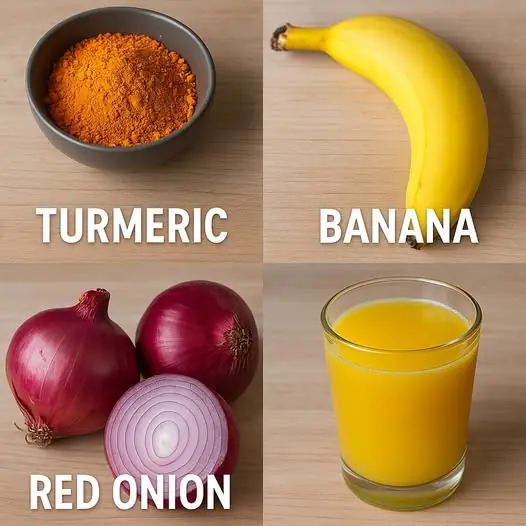
Natural Relief for Knee and Leg Pain: Banana, Red Onion, and Turmeric Remedy

Transforming Orange Peels and Ginger into a Health Boost for You!

Natural Ways to Remove Skin Moles at Home 🌿

Embrace the Okra Water Challenge for Better Health
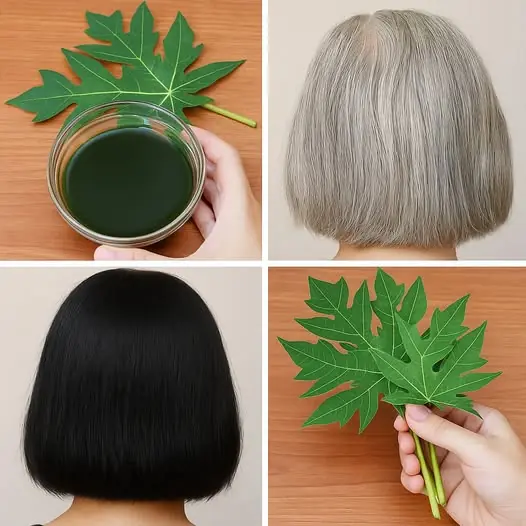
Embrace Youthful Hair with Papaya Leaves!
